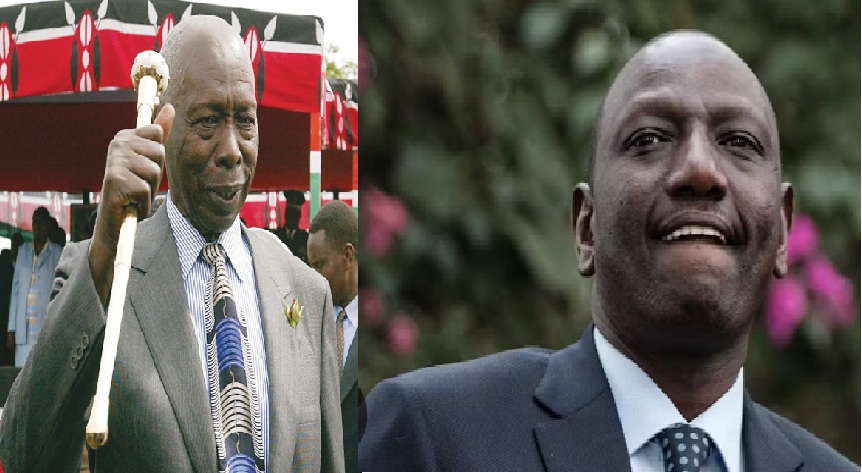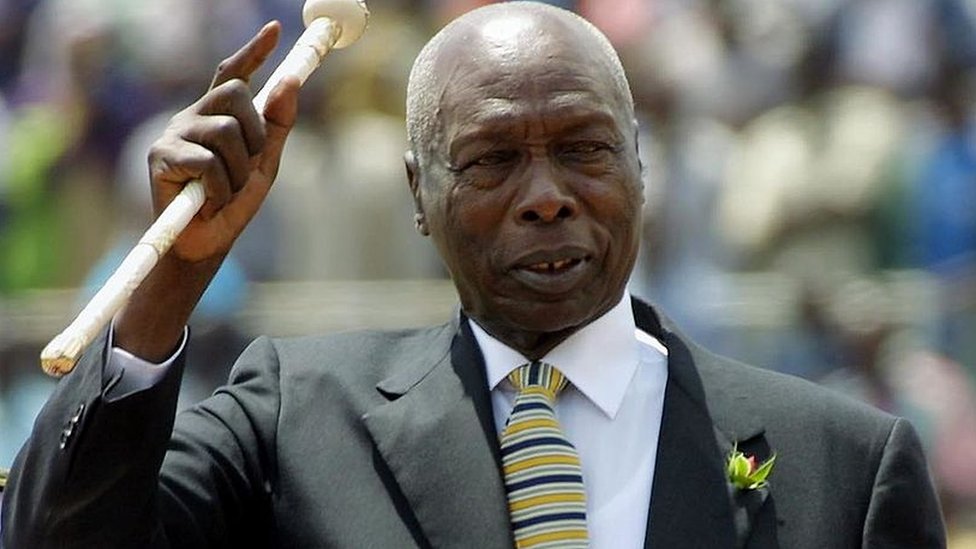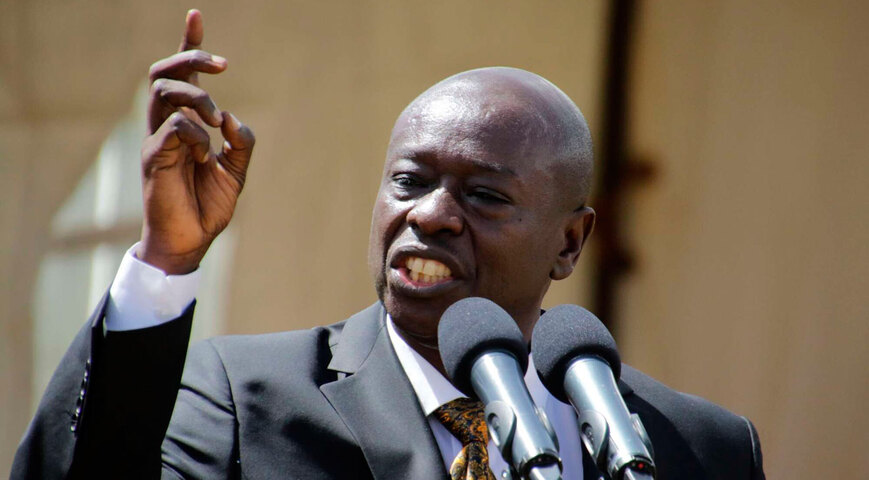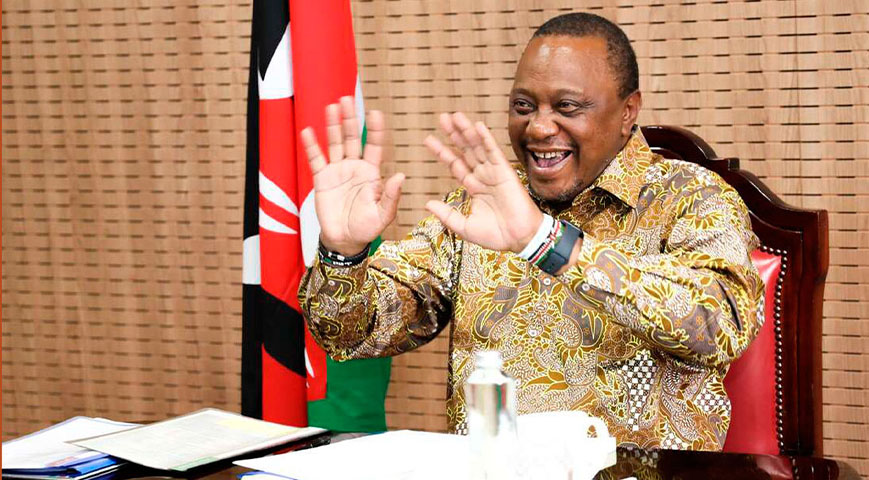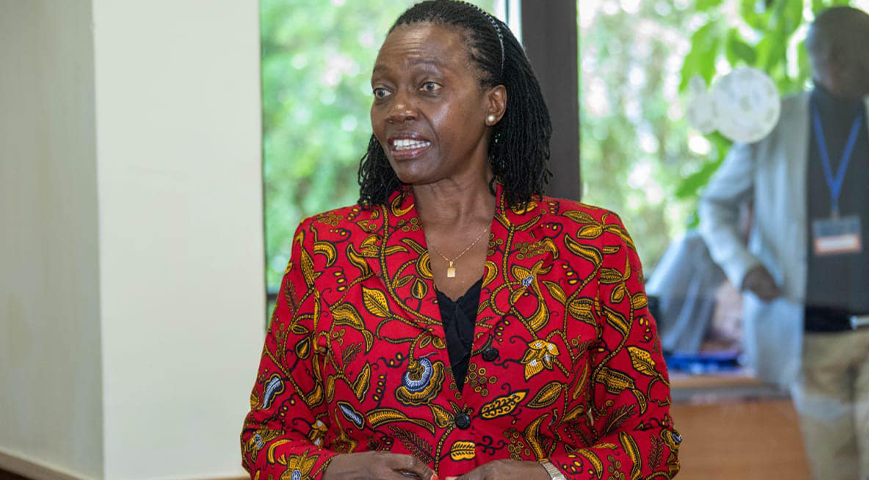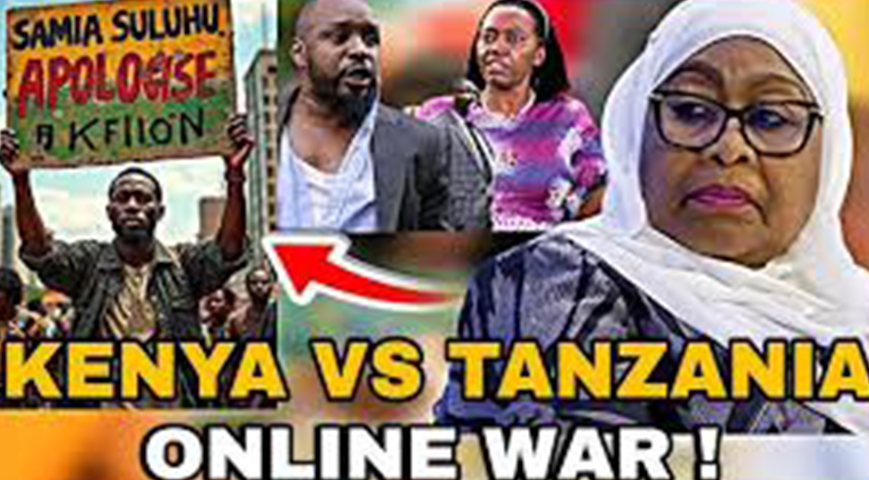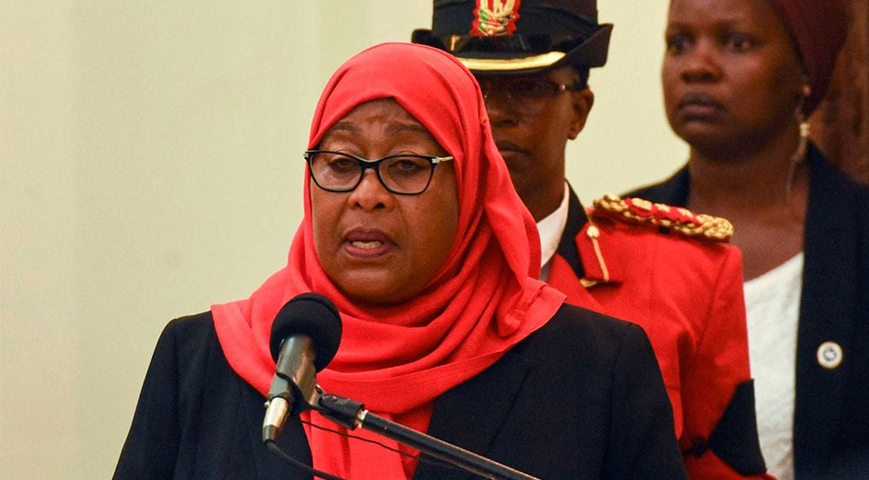Kenya was initially a single party but has progressed to multiparty democracy, though not without hurdles. The political history of Kenya began with Mzee Jomo Kenyatta, the first president forming the KANU party. Dissenting voices and human rights violations were reported after the political scene in the country made a shift in 1982. The era of repression began after Moi declared a single party state, with many noting political suppression and violation becoming the norm.
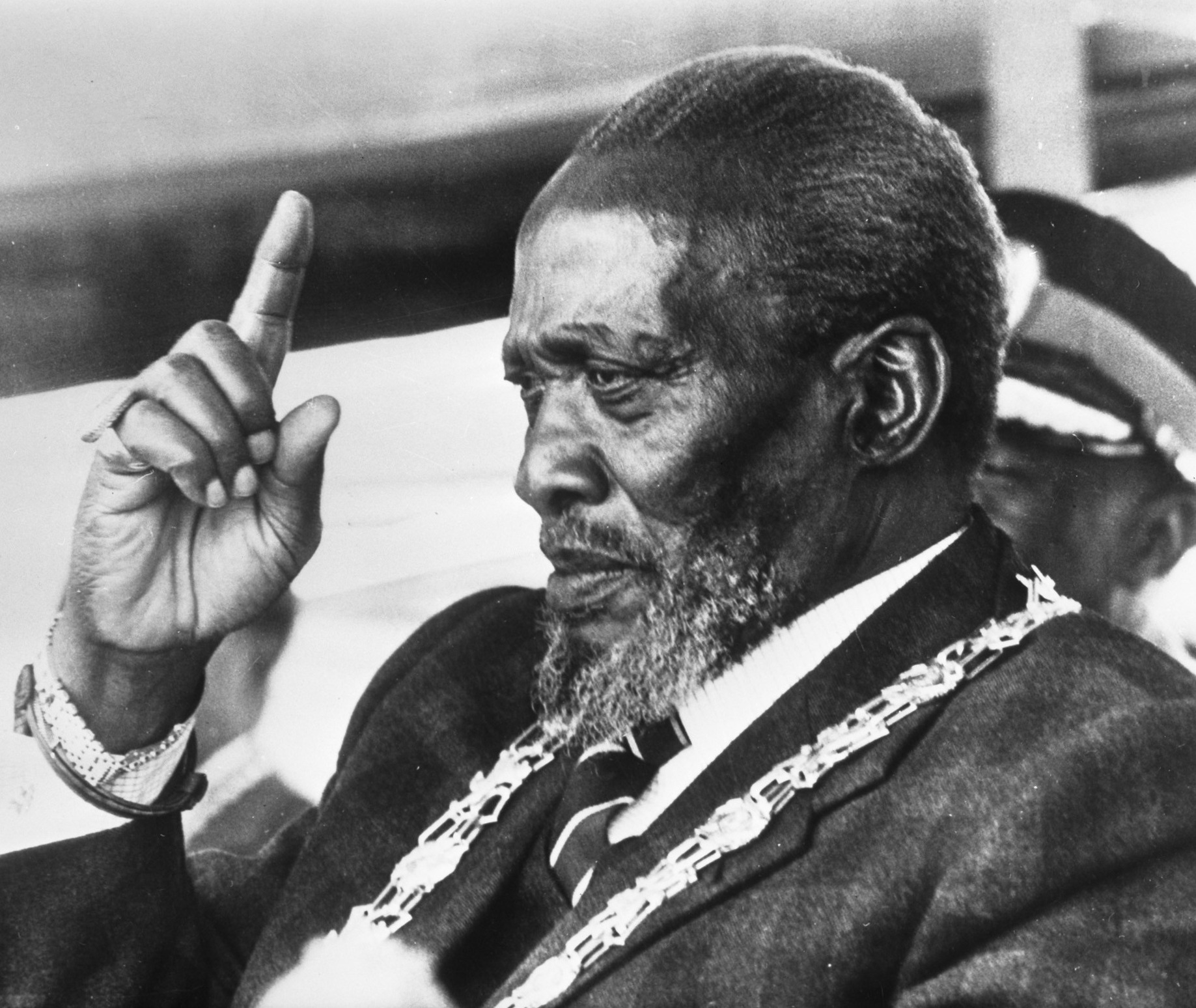
In the early 90s, People began opposing the situation that led to the political change, stimulated by outside forces and political struggle inside the country. Along with constitutional reforms, a multiparty democracy was restored in the early 1990s. Since this restoration of democracy, Kenya has witnessed a rapid increase in political and civil engagement along with multiple general elections, free and fair with the exception being small traces of violence and malpractice.
Major Political Players and Parties Today
1. Kenya Kwanza Alliance (KKA) - Led by President William Ruto, this coalition rose to prominence during the 2022 general elections, advocating for economic empowerment through its "bottom-up" economic model.
2. Azimio la Umoja-One Kenya Coalition Party - Spearheaded by Raila Odinga, a veteran opposition leader and former Prime Minister, the coalition represents a formidable political force with significant grassroots support.
Did you read this?
3. Other Influential Parties - Smaller parties and independent candidates often play kingmaker roles in closely contested elections, reflecting the diversity and fragmentation of Kenya's political environment.
Key Political Challenges
- Ethnic Politics and Electoral Violence
Kenya’s political history is marred by episodes of violence, particularly during the 2007-2008 post-election crisis, which left over 1,000 people dead and displaced hundreds of thousands. Ethnic tensions continue to be a concern during election cycles.
- Corruption
- Corruption
Corruption remains a pervasive issue, undermining public trust and impeding economic development. Despite efforts by successive governments to combat graft, progress has been slow.
- Youth Unemployment and Economic Inequality
With a significant portion of the population being young and unemployed, political promises often focus on job creation. However, actual implementation of economic reforms has lagged, fueling dissatisfaction among the youth.
- Judiciary and Electoral Body Credibility
The independence and credibility of institutions like the judiciary and the Independent Electoral and Boundaries Commission (IEBC) are frequently questioned, impacting public confidence in the electoral process.
- Efforts Toward Reform and Governance
Efforts to strengthen democratic governance have seen mixed results. The 2010 Constitution introduced significant reforms, including the decentralization of power through the establishment of county governments. Devolution has empowered local governments, improving service delivery in some areas and enhancing political participation.
Civil society organizations and media play crucial roles in advocating for accountability and transparency. Kenya's vibrant press and active civil rights groups often challenge government excesses and highlight critical governance issues.
What's the Future of Politics in Kenya
Kenya’s political future hinges on addressing systemic challenges and fostering inclusivity. Strengthening institutions, promoting national unity, and addressing socio-economic disparities are crucial for sustained stability. The success of devolution, reforms in the judiciary, and efforts to curb corruption will significantly shape the country’s political trajectory.
As the country continues to navigate its democratic journey, fostering a culture of accountability and peaceful political competition will be vital for Kenya’s growth as a stable and inclusive democracy.

